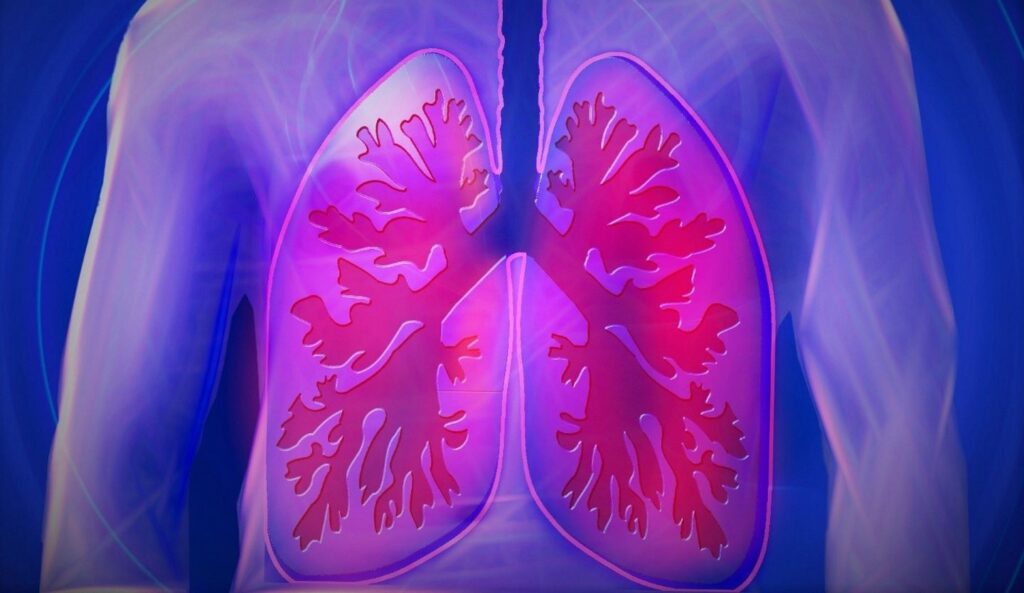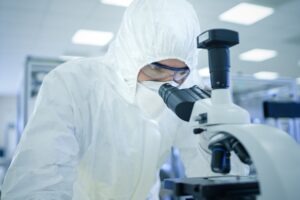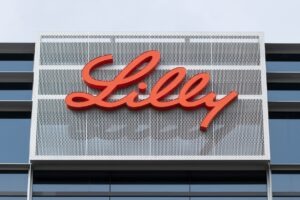The US Food and Drug Administration (FDA) has granted breakthrough therapy designation for GSK's investigational B7-H3-targeted antibody-drug conjugate (ADC), GSK5764227 (GSK'227).

The asset is under development for use in patients with relapsed or refractory extensive-stage small-cell lung cancer. Credit: kalhh from Pixabay.
Subscribe to our email newsletter
This asset is being assessed to treat patients with relapsed or refractory extensive-stage small-cell lung cancer (ES-SCLC) who have shown disease progression on or following treatment with platinum-based chemotherapy.
The FDA’s decision is supported by data from the ongoing open-label, multi-centre Phase I ARTEMIS-001 trial, which includes more than 200 patients.
The trial, conducted by Hansoh Pharma, is assessing the safety, tolerability, and initial anti-tumour activity of GSK’227 in subjects with locally advanced or metastatic solid tumours, including those with relapsed or refractory ES-SCLC.
Earlier this year, GSK obtained the sole global rights from Hansoh Pharma to progress the clinical development and commercialisation of GSK’227, excluding mainland China, Hong Kong, Macau, and Taiwan.
GSK’227 is said to have shown preliminary clinical evidence that may indicate a substantial improvement over existing therapies for ES-SCLC.
Looking ahead, GSK plans to initiate global Phase I/II trials of the asset in the second half of this year.
GSK R&D Oncology global head and senior vice-president Hesham Abdullah said: “Extensive-stage small-cell lung cancer is aggressive with poor prognosis and significant need for new treatments.
“The breakthrough therapy designation supports our ambition to accelerate GSK’227 for these patients as part of our broader ADC programme focused on developing new treatment options with transformational and first-to-market potential.”
The breakthrough therapy status will aid in speeding up the development and review of products that have the potential to treat serious ailments.
 Advertise With UsAdvertise on our extensive network of industry websites and newsletters.
Advertise With UsAdvertise on our extensive network of industry websites and newsletters.
 Get the PBR newsletterSign up to our free email to get all the latest PBR
news.
Get the PBR newsletterSign up to our free email to get all the latest PBR
news.

